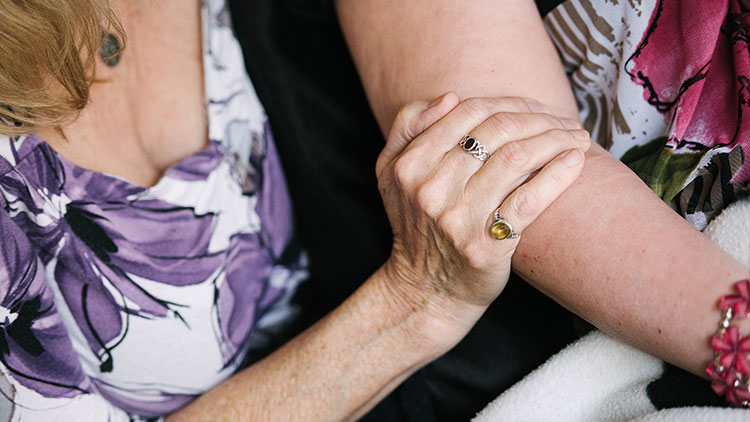
Medication can also pose a risk, especially if it’s used incorrectly or not stored away. Take a read of our guide to medication safety at home and how to keep you and your family safe.
Know your dosage
It might seem simple but knowing how much of your medication you should be taking and how often is incredibly important. Administering too much or taking it outside of specific hours can be harmful and lead to serious health risks.
By checking how much you should take in a certain time period, you can ensure that the risks are kept to a minimum. It might also be worth setting a timer to remind you when it is safe to take your next dose of medication.
Over time, depending on your condition and requirements, your GP might suggest a higher or lower dose. But you should never change your dose without first consulting them first.
Keeping to a medication routine

Tools such as pill organisers are great for making sure you have enough medication for the week and an idea of how much you have in stock. They can also act as prompts to remind you that you need to take your medication.
Depending on the type of medication you’re on, you might be required to take it at a specific point, such as at night or with meals. Try to keep these points the same for each day so you can get into a routine and stay on track of what you need.
If you forget to take your medication, don’t be tempted to take it twice at the next point to catch up as this can be dangerous to your health. Just make sure that you take the recommended dose and if you’re worried about having missed some, speak to your doctor straightaway.
Check your labels
If you’re starting your medication for the first time, try and understand as much as you can about what you will be taking and how to administer it. Read through the label with your doctor and ask questions if something doesn’t make sense.
It’s still worth checking over the label even if you’ve been taking the same medication for a long time just to double-check you’re still taking it correctly. Complacency with medication can be dangerous.
Labels can also provide information about the risks of taking your prescribed medication with certain foods or even other medication you might be on. It’s not uncommon to experience side-effects from medication either, but don’t reach for other tablets without first consulting your doctor.
Remember, these side-effects are normally temporary while your body gets used to the medication.
Safe storage to keep the rest of the family safe

Some medication might be required to be stored in a fridge or kept to a certain temperature, but if this is the case then make sure it cannot spill or leak onto food, or be picked up by accident. Many bottled medications have a child-lock lid, but if it doesn’t then keep them well out of sight or towards the back of the cupboard or fridge.
Though medication tends to have a long expiry date, you should always check that your tablets are still in date. This is especially important if you come across things like paracetamol in the back of the cupboard or drawer. And do not take anything which has passed the expiry date.
Don’t be afraid to ask questions
Having to be on medication takes some getting used to, especially in the early stages, but if you’re ever in any doubt about whether it is right for you or you’re struggling to remember to take it, speak to a doctor.
Our carers can also pop in and check that you have enough of your medication and that you’ve safely taken it, or even administer if necessary.
When it comes to medication at home, it’s important to remember that there is always help to make sure you and your family are safe.
